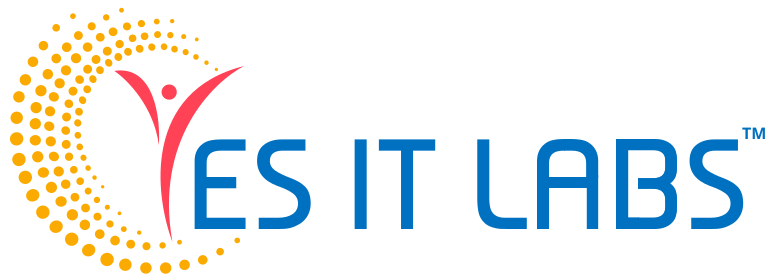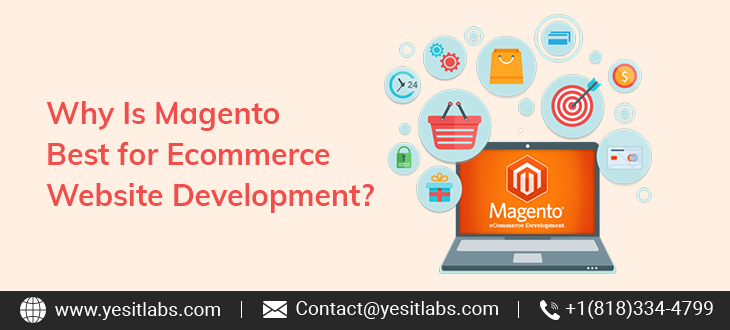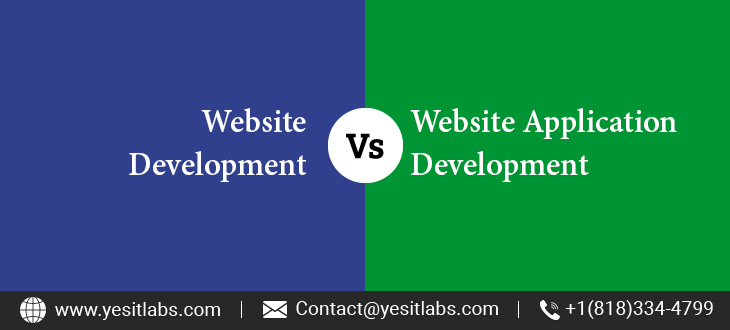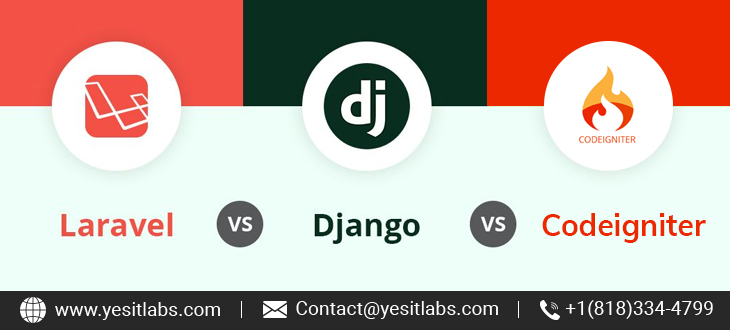There has been a growing need for ‘Ecommerce checkout optimization’ ever since the prospective buyers have been observed leaving their transactions unprocessed on the checkout page. Wondering why?
Is your checkout page clumsy or it’s designed too poorly to convert a prospect into a customer? Irrespective of any reason, the wisest consideration would be ‘ecommerce checkout optimization.’
Having an optimized ecommerce checkout page is one of the key requirements. It has an immense effect over your existing as well as potential customers. YES IT Labs is an Ecommerce software development company that provides you with the complete solution.
Abandoned shopping carts can feel unavoidable for eCommerce retailers. Study after study shows that an abandoned cart doesn’t always translate to a lost sale, but with trillions of dollars being left in carts every year, addressing this problem is well worth your time. We’ve looked at all of the reasons why shoppers abandon their carts and have come up with 5 ways you can improve your eCommerce checkout and drive sales.
Design (and Test) The Optimal Experience
Over 1 / 4 of abandoned carts are left due to confusing checkout experiences. Design your advantage and make the optimal checkout environment for your audience. While there is no one-size-fits-all approach, here are suggestions to get you started.
Make it visually fluid: When laying out your checkout experience group relevant fields, remove repetitive steps, and reduce the number of clicks needed to complete the process. If your checkout is one page, use colors to differentiate each step; if it’s more than one page, keep the navigation flow consistent across all pages.
Visualize progress: Don’t create a race with no visible finish line! Give shoppers an easy way to see the steps involved and gauge their progress.
Mirror customer behavior: From adjusting items in their cart to redirecting them to new pages, confirm that your flow matches your customers’ behavior. Additionally, confirm that your checkout is optimized for the way your audience is shopping; an excellent desktop checkout won’t work for mobile or tablet users.
Refine your checkout experience: While it’s tempting to try and upsell shoppers that are ready to make a purchase, introducing alternative actions can lead to lower conversion rates.
Convey Your Trustworthiness
Nearly one fifth of shoppers abandon their carts because they don’t trust the site with sensitive information, like credit card information or a billing address. Use your checkout pages to demonstrate your trustworthiness.
Test your loading times: The longer it takes for a website to load, the more time a shopper has to leave. Ponemon Institute ran a study finding slow loading times make 78% of shoppers worry about the site’s security. While other studies show that 33% of shoppers will head to a competitor if your site makes them wait too long.
Display your certifications: Showing your security credentials allows you to reassure customers without overwhelming them. Most customers judge a website’s security by their visual perception. So while you might be tempted to display your most robust certifications, it’s better to include at least one well-known customer-facing brand to ensure your audience understands your credentials. Security is becoming a growing concern, make sure to show the right security seals for your audience.
Minimize the risk of shopping with you: Show that your brand takes security and customer satisfaction seriously. Make it easy to find your consumer protection policies and product guarantees. If your checkout requires that you collect additional information on your shoppers, reassure them by sharing why the information is needed.
Communicate Clearly
Consumer expectations are growing, and retailers must deliver an exceptional experience across the customer journey. Missteps in fulfillment, customer support, or delivery can increase customer churn for retailers; as customers are willing to take their business elsewhere. Take control by defining and sharing your customer journey expectations.
Specify why an order hasn’t processed: Don’t let a typo get in the way of a sale! Generic error messages can frustrate shoppers, especially if they’ve already verified their information is accurate. Be it an undeliverable address, invalid payment information, an unrecognized email format, an item that’s out of stock, or anything else that would prevent an order from being processed, communicate what the error is and how to move forward. Better yet, adopt technology solutions that can correct faulty information like email and address verifications.
Set expectations throughout the entire customer experience: Unexpected shipping costs are the number one reason why carts are abandoned. Display shipping rates before shoppers hit the checkout page to get rid of the sticker shock. Regardless of where the error stemmed, the bulk of consumers blame retailers for a poor shipping experience. Stay one step ahead by communicating your fulfillment process to shoppers. Balance your communication medium and cadence with your customer’s preferences and your engagement strategy.

Expedite the eCommerce Checkout Process
By reducing the time it takes to complete your checkout process, you’ll eliminate customer friction and increase sales.
Save Your Customers Time: Eliminate irrelevant and duplicate inputs, and use auto-complete to speed up the time it takes shoppers to go through checkout. Reducing data inputs can be as simple as asking if the shipping and billing address are the same, or using the ZIP Code to validate payments.
Some address verification solutions have an autocomplete functionality that suggests deliverable addresses as shoppers type in their data— a solution that eliminates bad address data while saving time. Let shoppers create an account on your site, which can expedite their next checkout. Make sure to be conscientious of how and when you introduce this and don’t make it mandatory. Incentivize guest shoppers to create an account after they’ve made a purchase by offering a discount on their next purchase.
Provide Flexibility
Consumers today are used to having options when they shop. Of the ten biggest reasons for abandoned carts, flexible policies could mitigate half of them. And the best part is that addressing these concerns comes at no additional cost.
Provide Different Ways to Pay: The way consumers spend money online is changing, 30% don’t have a credit card and 33% use an eWallet. Accepting multiple payment options increases your customer base and your conversion rates, as shoppers using an eWallet like PayPal are more likely to complete their transactions than credit card shoppers.
Have a Guest Checkout: Having shoppers register for an account can save time, but requiring it, can turn them away and prevent you from making a sale. 29% of online shoppers abandon their carts when they are required to create an account.
Make it Gifting Friendly: Online shopping can be more convenient, but it can present more problems than it’s worth if a shopper is looking for a gift. Increase the convenience of shopping with you by offering the ability to include a gift receipt, gift wrapping, or a personalized message.
Allow for Easy Returns: A flexible return policy can give shoppers the confidence to shop with you, while giving you the ability to sustain engagement with a shopper. Creating a flexible return policy isn’t just about increasing the time in which returns can happen, it’s about reducing the impact of making a return. Make returns easier by including return labels and packaging, and offering in store returns, when possible.
Communicate in the Right Channel: Your customer segments will resonate with different channels in different ways. Match your audience’s preferences by asking how they’d like for you to stay in touch.
Summary
YES IT Labs is an ecommerce software development company who are capable of providing a wide range of new and innovative products. YES IT Labs is an. Initially one may not feel the need of the customised eCommerce website but when the revenue and the sale increases, the need of the website with more and more customizations becomes necessary.












